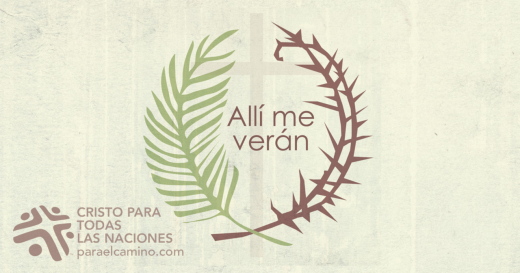Lenten Devotions from Lutheran Hour Ministries
"Where's My Host?"
March 19, 2017
... "Zacchaeus, hurry and come down, for I must stay at your house today" (Luke 19:5b, ESV).
Read Luke 19:1-10
Jesus' final week is just a few days away. He has come to Jericho to spend the night, but His host is not home. So Jesus passes through town to find him.
Zacchaeus is a chief tax collector and extremely wealthy. But he left his tax office when he heard Jesus had come to town. He knew Jesus' reputation-while the Jews and their leaders despised tax collectors as traitors and thieves-Jesus was known as a friend to tax collectors. Rushing to the far edge of town, he climbed a tree to see the Lord.
Jesus comes right up to that spot, stops, and looks up into the tree. Calling Zacchaeus by name, He tells him to come down quickly. Jesus wants to spend this night in his house.
Zacchaeus scurries down and receives Jesus with great joy. The crowd hears this and is terribly scandalized. How could Jesus choose to stay in the home of a notorious sinner? What they didn't know is that Jesus had already begun to change Zacchaeus' heart. The chief tax collector was repenting of his sins and planning to make amends for his past wrongdoings.
Jesus points out that Zacchaeus is a son of Abraham just as are those in the crowd. True children of Abraham share Abraham's faith in God's promise to send the Christ or Messiah. Zacchaeus knew Jesus had given him a great honor by staying in his house. But did he know His Lord had chosen to spend one of the last precious nights He had on earth with him?
THE PRAYER: Lord Jesus Christ, with amazing grace You sought out the despised chief tax collector Zacchaeus and honored him by staying at His house that night. Help us appreciate the honor You give us, by promising to remain with us always. Amen.
Use these devotions in your newsletter and bulletin! Used by permission; all rights reserved by the Int'l LLL (LHM). The Holy Bible, English Standard Version. ESV® Permanent Text Edition® (2016). Copyright © 2001 by Crossway Bibles, a publishing ministry of Good News Publishers.







